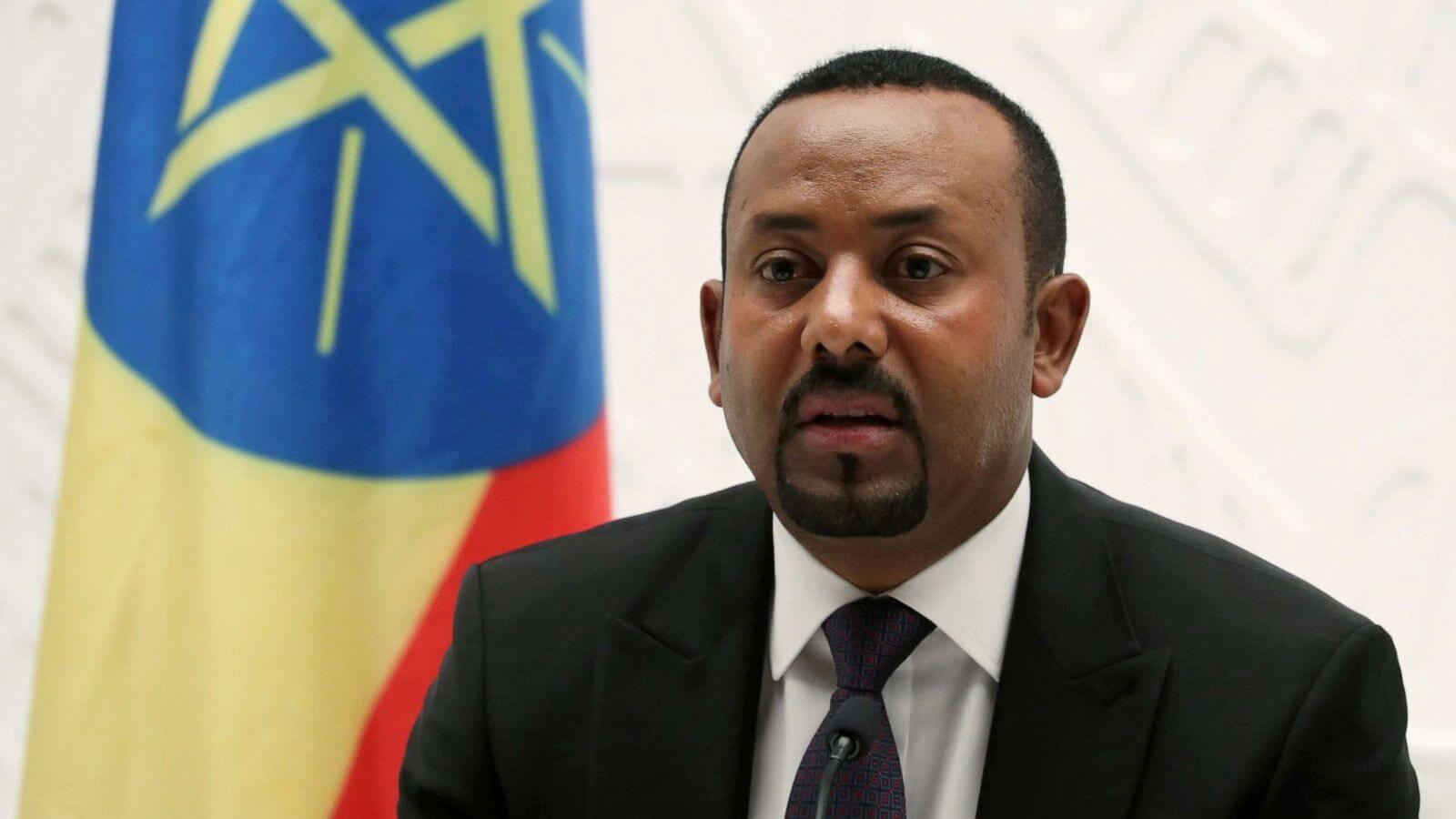Ethiopian Prime Minister Abiy Ahmed on Wednesday said he is ready to help rebuild the war-torn Tigray region, vowing “to implement honestly” the peace deal reached between his government and the Tigray militants this month.
Addressing the Ethiopian parliament, Abiy said, “We have moved one step forward. We have discussed, agreed and signed,” referring to the deal with the Tigray People’s Liberation Front (TPLF) to end the two-year-long war. He promised to work with the rebels to bring sustainable peace to Tigray.
Calling the deal a “win-win outcome,” the Nobel peace prize-winning PM said, “Ethiopia’s diplomacy is based on the principles of liberty, equality, and justice.” Therefore, he noted that the Ethiopian government would help reconstruct Tigray.
“We are carrying out the following activities in war affected areas:
— Office of the Prime Minister - Ethiopia (@PMEthiopia) November 15, 2022
1. Support: humanitarian aid, gathering harvest, medical treatment
2. Rebuilding: infrastructure quickly
3. Return: The work of returning the displaced people to their homes.”#PMAbiyresponds pic.twitter.com/sq4cTVHhzT
In this respect, Abiy outlined three areas where the government plans to work.
First, he said the government would facilitate the supply of humanitarian aid into Tigray, provide medical treatment to those who require it, and help the region’s agricultural economy.
Second, he promised to rebuild the region and help quickly construct infrastructure.
Finally, the PM noted that the government would help internally displaced Tigrayans return to their homes.
“For the sake of our peace and prosperity, we made the first choice to end the war. There is no such thing as a good war or a bad peace; war is bad regardless of who wins,” he emphasised. He warned, however, that “if something happens that threatens Ethiopia’s existence, sovereignty, and unity, as well as national interests, we fight it.”
First international aid arrives in Ethiopia's Tigray since ceasefire https://t.co/9l4vNGMlYM pic.twitter.com/3V9kKjTJMF
— Reuters Africa (@ReutersAfrica) November 16, 2022
Nonetheless, he expressed confidence in the peace deal. “Any peace talks or negotiations to ensure that law and order are observed are beneficial,” Abiy said. Saying that “peace is not only the absence of war, but also the supremacy of the rule of law,” he underscored that it is imperative that the Ethiopian government and the TPLF “work hard to avoid problems during the process.”
Earlier this month, the Ethiopian government and the TPLF reached a landmark peace deal ending the two-year-long civil war in Tigray. The warring parties agreed to a deal after days of intense negotiations led by the African Union (AU) in Pretoria, South Africa.
Per the agreement, the two parties agreed to “permanently silence the guns” in Tigray, with the rebels agreeing to a detailed program of disarmament, demobilisation, and reintegration for the TPLF combatants. Abiy’s government had also promised to rebuild the region and expedite the delivery of humanitarian aid.
Saving lives before anything else!
— ICRC Ethiopia (@ICRCEthiopia) November 15, 2022
Our first convoy of aid supplies has arrived in Mekelle. Two trucks delivered medicines, emergency and first aid kits to support health facilities in #Tigray to treat patients with conditions that need urgent care.
More aid in the days ahead. pic.twitter.com/67zWpoX9Ed
Days after signing the deal, TPLF and Ethiopian government delegations met in Kenya to discuss the details of the agreement and its implementation. They agreed to allow unhindered humanitarian access to Tigray. Furthermore, the TPLF said they would start disarming once Eritrean troops leave Tigray.
Meanwhile, the International Committee of the Red Cross (ICRC) announced Tuesday the first aid convoy since the peace deal arrived in Tigray. “Two trucks full of vital medical supplies arrived in Mekelle on Tuesday,” it revealed in a statement. “We appreciate the efforts undertaken by the parties to facilitate delivery of humanitarian aid, as people have endured tremendous suffering during the two-years conflict,” said Nicolas Von Arx, the ICRC’s Ethiopia chief.
The conflict in Tigray has killed tens of thousands of people, displaced over two million, and witnessed grave human rights violations, including mass killings, rapes, and deliberate starvation. Both the Ethiopian government and the TPLF have been accused of committing atrocities.
According to the World Food Programme, around 10 million people in northern Ethiopia are in dire need of food assistance and the situation could get worse if aid continues to be restricted. It has also been reported that 40% of Tigrayans suffer from an “extreme lack of food,” 83% are food insecure, and 13% of Tigrayan children under five are malnourished.

